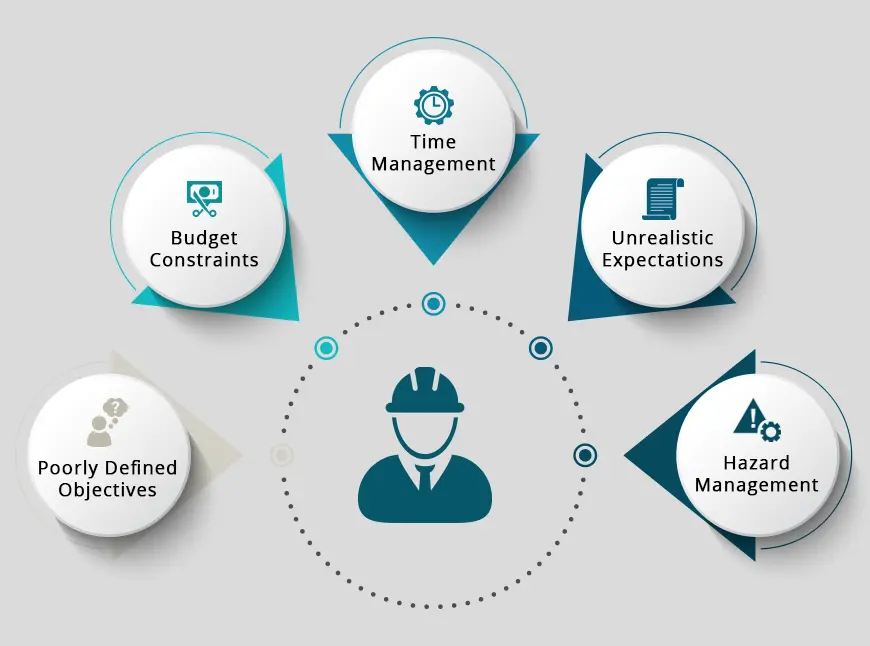In the complex and fast-paced world of logistics, where efficiency can make or break a company's success, yard container management software has emerged as a transformative solution. This software plays a pivotal role in revolutionizing logistics operations and streamlining container management. In this article, we'll explore the multifaceted role of yard management software in logistics.
Real-Time Visibility:
One of the most significant contributions of yard management software to logistics is real-time visibility. It provides a comprehensive view of container movements within a yard, ensuring that all containers are accounted for and their statuses are up to date. This visibility reduces the risk of errors and delays, allowing logistics operations to run like a well-oiled machine.
Impact: Streamlined operations, reduced bottlenecks, and improved decision-making.
Automated Workflows:
Yard management software introduces automation to logistics workflows. It automates processes such as gate check-ins, trailer assignments, and dock scheduling. By reducing the need for manual intervention, the software saves time and labor costs, enabling logistics teams to work more efficiently.
Impact: Increased operational efficiency, cost savings, and reduced human error.
Optimal Yard Layout:
Efficient space utilization in the yard is essential for logistics companies. Yard management software helps optimize yard layouts by suggesting the most efficient storage and retrieval paths for containers. This minimizes congestion, reduces container dwell times, and ultimately cuts handling costs.
Impact: Improved space utilization, reduced congestion, and lower handling costs.
Cost Reduction:
Cost control is a top priority in logistics, and yard management software contributes significantly to cost reduction:
1. Reduced Dwell Time: By enhancing container visibility and automating processes, yard management software helps reduce dwell times. Containers spend less time in the yard, resulting in lower storage costs and faster turnaround times.
2. Labor Savings: Automated workflows and improved visibility enable logistics staff to work more efficiently, leading to labor cost savings.
3. Fuel Efficiency: Optimized container movements and reduced dwell times also lead to fuel savings for trucks and equipment used in logistics operations.
4. Minimized Demurrage and Detention Charges: Improved scheduling and visibility help prevent demurrage and detention charges, which can accumulate significantly over time.
Impact: Lower operational costs and improved profitability.
Long-Term Benefits:
Yard management software provides long-term benefits that help logistics companies adapt and grow:
1. Scalability: As businesses expand, yard management software scales with them, accommodating increased container volumes without proportionate increases in operational costs.
2. Data-Driven Decision-Making: The software offers valuable data and analytics that assist logistics managers in making informed decisions about yard operations, further optimizing efficiency and reducing costs.
3. Customer Satisfaction: Timely and accurate container management enhances customer satisfaction, potentially leading to repeat business and referrals.
Impact: Sustainable growth, operational excellence, and customer loyalty.
Conclusion:
In the competitive world of logistics, yard container management software is a game-changer. Its ability to provide real-time visibility, automate workflows, optimize yard layouts, and reduce costs makes it an indispensable tool for modern logistics operations. By streamlining processes and improving overall efficiency, yard management software empowers logistics companies to thrive in an ever-evolving industry.


